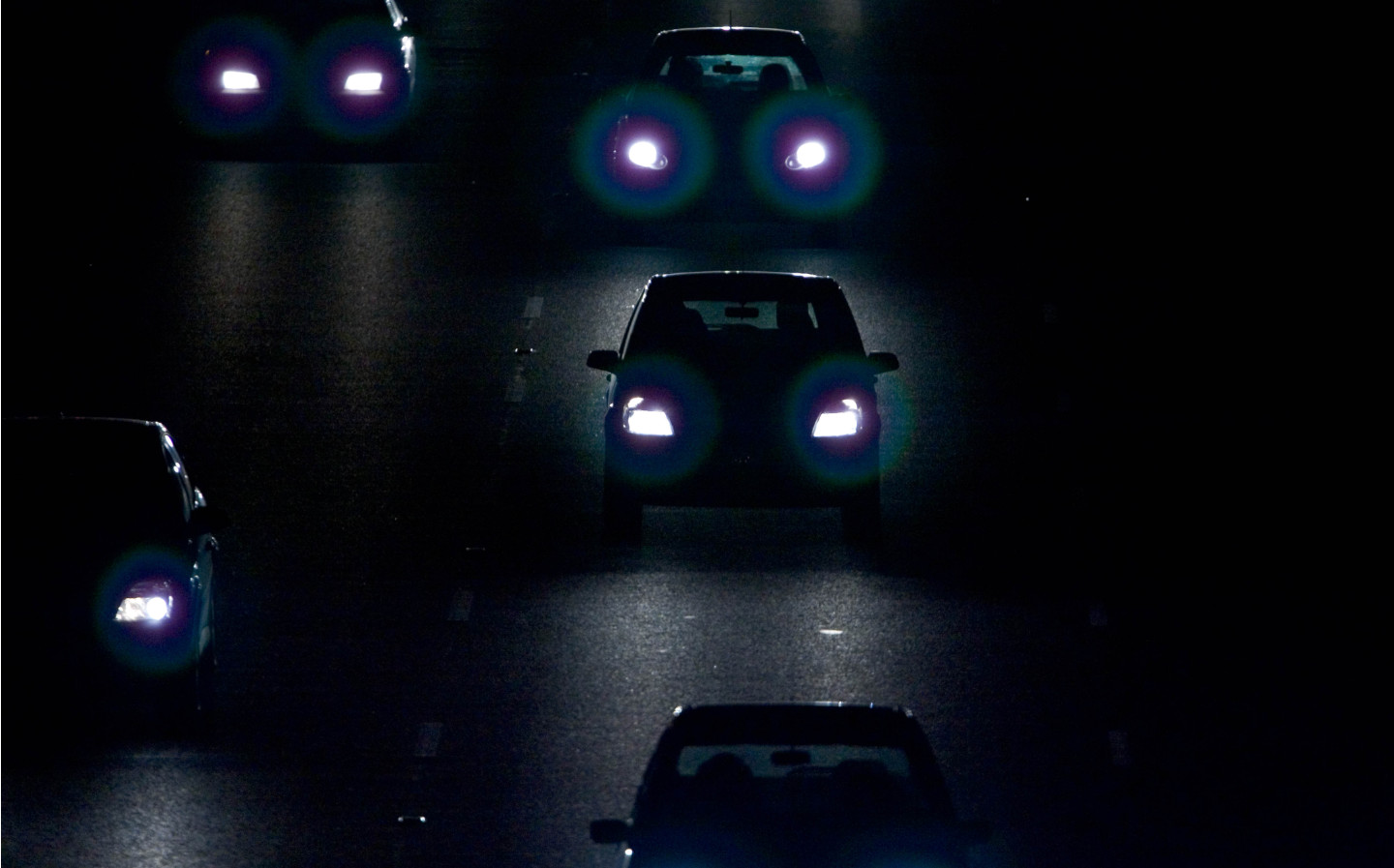Young motorists face tougher night driving, alcohol and passenger restrictions
Committee will hold evidence session later this month
THE TRANSPORT Select Committee has consulted with young people regarding whether new drivers should face tougher restrictions on how much alcohol they are allowed to drink before driving, as well as how many passengers they are allowed to carry.
The inquiry, initially launched in March, is part of an effort to reduce the number of road deaths among new drivers. Reports suggest young people would support a zero-tolerance approach to alcohol but object to being told they couldn’t carry a car full of passengers.
Other suggestions have been made regarding restricting night driving and introducing a minimum number of lessons a new driver must take before being granted a licence.
According to road safety charity Brake, motorists aged between 16 and 19 are a third more likely to die in a crash than those aged 40-49, and nearly a quarter (23%) of 18- to 24-year-olds crash within two years of passing their driving test. Road crashes are the leading cause of death among people aged 15-29 worldwide.
The announcement of the inquiry noted that while drivers aged 17 to 24 only represent 7% of those on the UK’s roads, they account for 20% of involvement in serious and fatal collisions. Most at risk are young male drivers, who are statistically more likely to crash than their female counterparts.
In 2017, drink driving deaths in the UK hit their highest level in nearly a decade, with 3,500 people each year involved in accidents caused by the crime.
The Transport Committee spoke last week to students from Devon, Essex, Greater Manchester and Yorkshire about the proposed changes. It is now extending its survey to Twitter, where it is asking those aged 17 to 25 to participate in a survey. The survey will be open until October 12. Two evidence sessions will then be held before the Committee issues its report to the government.
According to the latest data, young drivers were involved in 16% of fatal and serious collisions but make up just 7% of all licence holders
If you're 17-25 and have 5 minutes spare we'd love to hear your thoughts on how we could reduce collision rates, fill out our survey below
— Transport Committee (@TransportCttee) September 29, 2020
Huw Merriman MP, chair of the Transport Committee, said: “We’re interested in the risks that young drivers face, the fact that they are more likely to be involved in collisions and also the cost to you with regard to insurance.
“Another aspect is the social mobility … if you haven’t got a car, or use of a car, does that hold you back in terms of your ability to interact, to get work experience, to earn money and then how does that impact on your life chances? That’s a particular focus for us, not least because the bus service is not as it was when I was your age.”
Ian McIntosh, CEO of RED Driving School, said he worried that a phased driving licence system would further deter young people from getting behind the wheel. He said: “Restricting driving licences may deter youngsters from learning to drive. This would impact social mobility, employment prospects and hamper local economies.
“The timing of this proposal couldn’t be worse. The younger generations have been hit the hardest by the economic impact of the pandemic and have already suffered the most from a constricted job market. With the UK in another recession, one which some commentators see as particularly deep and long-lasting, we need to ensure youngsters have every opportunity to find and keep jobs in this new world, rather than thinking about how we can clip their wings.”
A government official pointed out that the inquiry began in March, before the pandemic hit.
Tweet to @KieranAhuja Follow @KieranAhuja
Cost of motoring steers a million young drivers off the road
Study finds most popular — and cheapest to insure — car for young drivers





